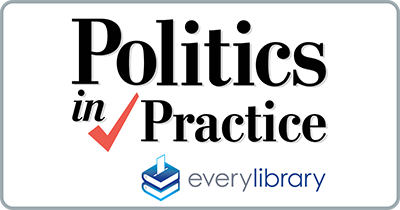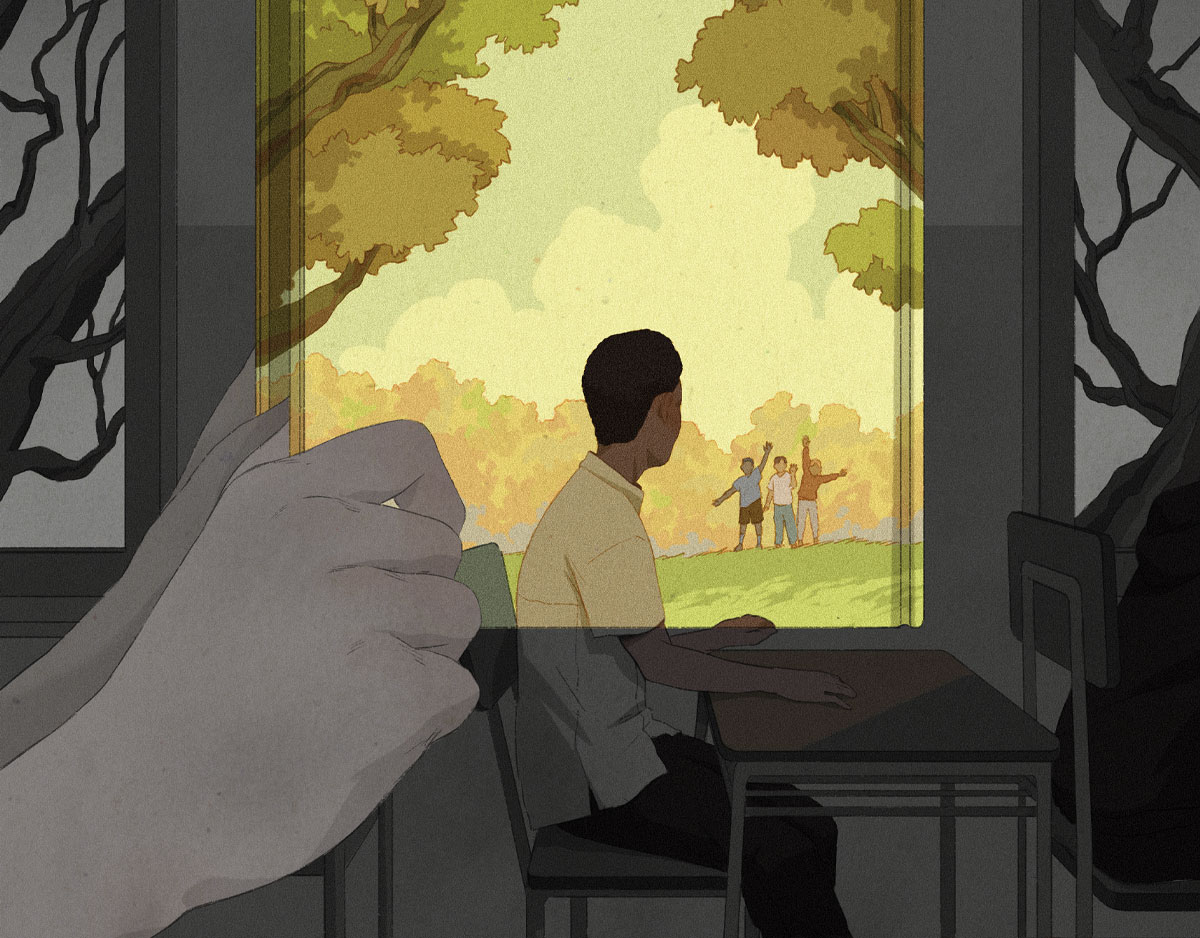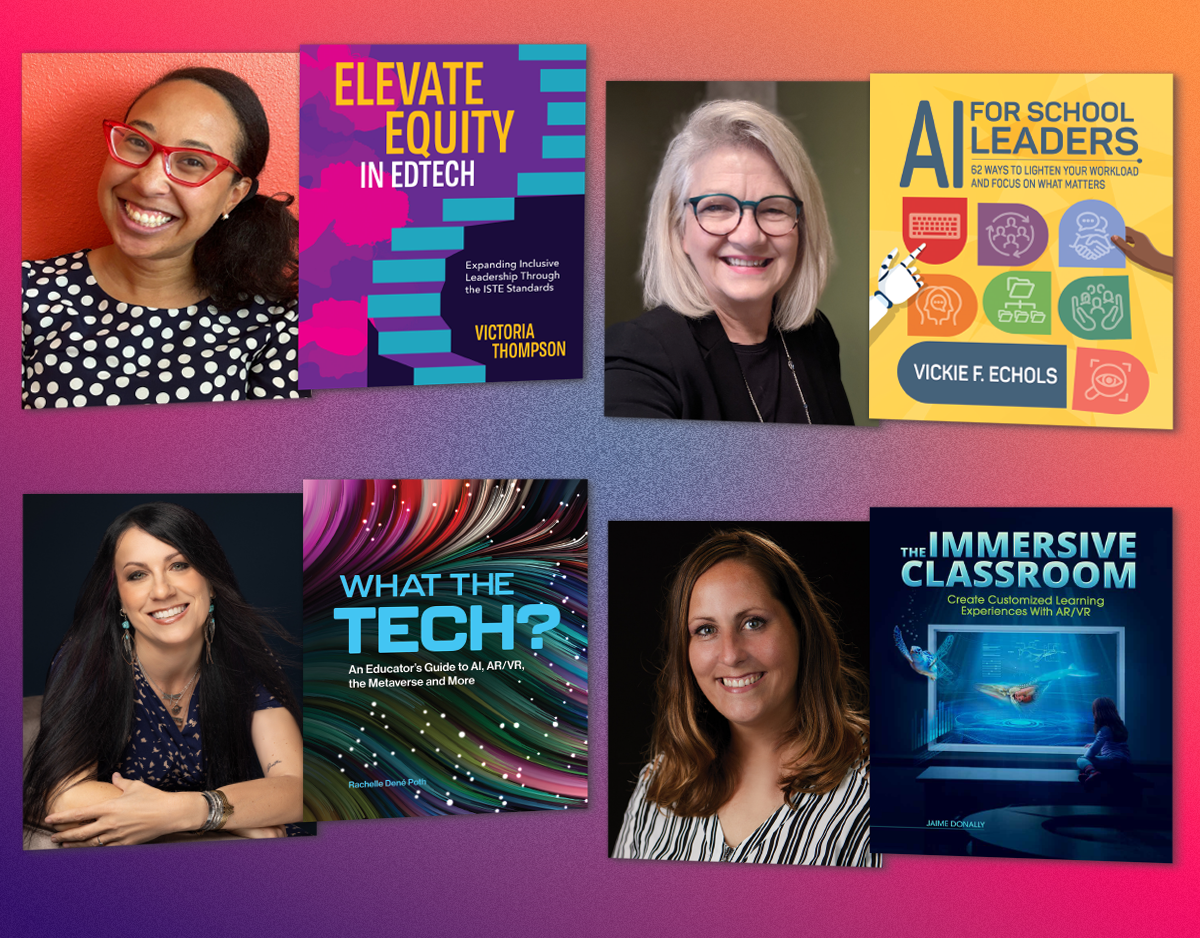Complex Perceptions of School Libraries and Librarians
The EveryLibrary Institute NFP and Book Riot conducted a series of surveys in late 2023 to investigate parents’ perceptions of school libraries and school librarians in the United States. The surveys were comprehensive, covering a wide range of topics such as the importance of school librarians, access to books, parental involvement in education and reading, book rating systems, comfort with diverse themes, trust in librarians, perceptions of political agendas, library resource valuation, and demographics and engagement.
The results of the school library and librarian-focused surveys revealed a complex set of opinions. Parents acknowledged the importance of school librarians but were concerned about unrestricted access to certain books. Despite these reservations, there was a strong trust in the professionalism of librarians in selecting and recommending suitable reading material. The issue of book banning emerged as significant, reflecting deeper societal debates about parental rights, children’s autonomy, and the nature of education in a diverse and rapidly evolving society.
Key Findings about School Libraries and Librarians
A vast majority (95%) of parents believe in the importance of school librarians and assert that every school should have one. However, there are considerable concerns about unrestricted access to books. 60% of parents feel that access to certain books should be age-restricted or require parental permission. Additionally, most parents believe in proactive parental involvement: 57% support the idea of parents being notified when their child checks out a book, and 53% think parents should have the option to opt their children out of using the school library altogether.
Despite these concerns, there is a high level of trust in school librarians. A substantial 80% of parents trust these professionals to select appropriate books, and 82% trust them to recommend books that are suitable for their child’s age and content needs. This trust extends to the safety of the school library environment, with 93% of parents feeling that their child is safe using the school’s library.
Trustworthiness and Authority
In a ranking of trustworthiness, public librarians (91.04%) and school librarians (86.54%) are held in high esteem, comparable to teachers, nurses, and doctors, and far above professions like lawyers, journalists, and politicians. Parents believe that school librarians and school boards should have more authority than parent groups, local elected officials, or state legislatures in selecting books for school libraries. There are similar opinions about public libraries as well.
We asked about the political profile of librarians, particularly in light of the debates about librarians and neutrality. A majority of parents responded that they do not believe that librarians should be political. According to the survey findings, a significant percentage of respondents (35%) think that librarians have a political agenda and that this is appropriate. Additionally, 8.49% of respondents feel that librarians do not have a political agenda, but they should have one. On the other hand, 12% think that librarians have a political agenda, but they should not have one. A large number of respondents (44%) believe that librarians do not and should not have a political agenda.
Collection Development Roles
On the topic of challenging subjects like sex education and teaching about racism, 76% of parents believe they should have the decision-making power regarding their student’s access to such information. While 85% agree that some books are universally inappropriate for children, a significant 81% admit they are unaware of how school librarians choose books for collection. Sadly, less than half (41%) have met their school’s librarian.
The issue of book banning also emerges as a pivotal factor in the parental perspective. More than half of the parents (56%) consider book banning an important issue when voting (a vast majority of respondents are registered to vote (84%)). When it comes to their comfort with the books their children bring home, the majority are at ease, with 86% having no discomfort with their child’s choice of library books and 87% supporting access to a wide range of books for teenagers, even on complex and controversial subjects.
The survey touched upon the broader debate around parents’ rights and responsibilities. While a majority (63%) feel that book bans infringe on parental rights, and 54% believe these bans harm children, a notable 42% see book banning as a valid method to shield children from certain topics. However, 70% of parents acknowledge their responsibility in guiding their child’s reading, and 60% support the right of children to choose their reading materials.
Lastly, the concept of a book rating system in school libraries garners significant support, with 80% in favor of content ratings similar to those used for movies and TV shows. The opinions are split on whether school libraries should cater to the youngest and most sensitive readers exclusively, with 50% agreeing to this approach.
Take Aways
Overall, our surveys provided valuable insights into how parents view the importance, influence, and challenges of school libraries and librarians in the United States. The findings highlighted the delicate balance between protection, trust, and the promotion of diverse and challenging learning materials for children, emphasizing the ongoing challenge of balancing these factors in the context of school libraries.
EveryLibrary has published all three Parent Perception Surveys and a final wrap-up report at https://www.everylibraryinstitute.org/parent_perceptions_survey_2023. Our partners at Book Riot continue to publish analysis and insights about the survey findings.
Filed under: Advocacy, Censorship
About John Chrastka
EveryLibrary’s founder is John Chrastka, a long-time library trustee, supporter, and advocate. John is a former partner in AssociaDirect, a Chicago-based consultancy focused on supporting associations in membership recruitment, conference, and governance activities. He is a former president and member of the Board of Trustees for the Berwyn (IL) Public Library (2006 – 2015) and is a former president of the Reaching Across Illinois Libraries System (RAILS) multi-type library system. He is co-author of “Before the Ballot; Building Support for Library Funding.” and “Winning Elections and Influencing Politicians for Library Funding”. Prior to his work at AssociaDirect, he was Director for Membership Development at the American Library Association (ALA) and a co-founder of the Ed Tech startup ClassMap. He was named a 2014 Mover & Shaker by Library Journal and tweets @mrchrastka.
ADVERTISEMENT
ADVERTISEMENT
SLJ Blog Network
How Candace Fleming Made an Award Winner
World Premiere Video for a Brand New Amos McGee! With Special Q&A with Erin E. Stead
Superman’s Good Guy Gang | Review
Heavy Medal Suggestions: 73 Titles and Counting
Fast Five Interview: Donna Galanti
ADVERTISEMENT






